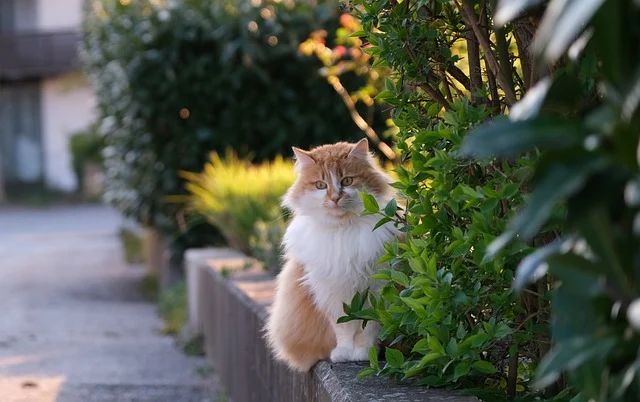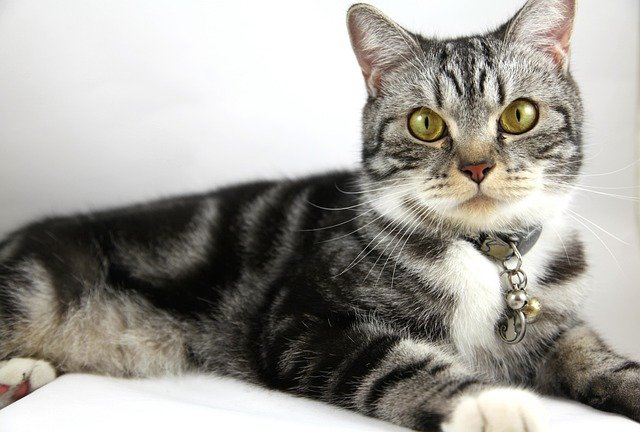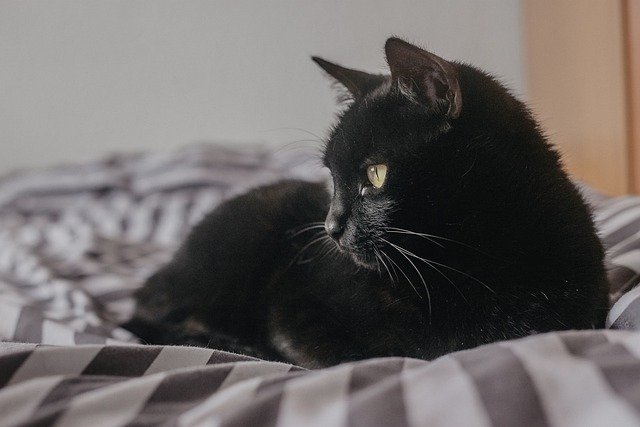As a responsive cat owner, you’re probably known that your feline friends have a knack for nibbling on plants. But this can sometimes leads to concerns about their safety. A question often raises, is basil safe for cats or not? Basil is a popular culinary herb. It’s delicious flavor and fragrance make it very popular for your cats. Here, we’ll explore whether basil is safe for cats or not. In this article you can all information about its potential benefits and any risks involved.
Table of Contents
What is Basil?
Basil (Ocimum basilicum) is a famous herb that belongs to the mint family. It is an useful herb for human life. It’s widely used in cooking, especially in Italian and Mediterranean cuisines, to flavor dishes such as pasta, salads, and pesto. Its aromatic leaves have a pleasant, slightly spicy flavor that both humans and pets enjoy in small amounts. Basil also offers some health benefits to humans, such as being rich in antioxidants and anti-inflammatory properties.
But what about our feline companions? Can basil pose any harm to cats, or is it safe for them to eat in moderation?

Is Basil Safe for Cats?
Simply the answer of that question is positive. Generally basil is not toxic to cats. According to the American Society for the Prevention of Cruelty to Animals (ASPCA), basil is listed as a non-toxic plant for cats. This means that if your cat nibbles on your basil plant or eats a small amount, it’s generally considered safe and unlikely to cause harm. But, as a cat owner there are a few things you should keep in mind when it comes to your cat’s health and the consumption of any plant like basil.
Potential Risks of Basil for Cats
It is safe for most cats, but there are a few considerations to keep in your mind while using basil:
- Upset Stomach: Even though basil isn’t toxic, consuming too much basil might cause digestive upset in some cats. Symptoms such as vomiting or diarrhea could occur, especially if your cat eats a large amount of fresh basil or basil leaves from your garden.
- Pesticides or Chemicals: If you grow basil using pesticides or other chemicals, there could be traces of harmful substances on the leaves. Which may cause serious affect on your cats. So, It’s important to wash basil thoroughly or avoid giving your cat basil from a plant treated with any chemicals.
- Allergies or Sensitivities: Just like humans, cats can have individual sensitivities to certain plants or foods. If your cat shows signs of an allergic reaction—such as excessive itching, swelling, or trouble breathing—after eating basil, you should contact your veterinarian immediately.

Benefits of Basil for Cats
While basil is primarily known for its culinary uses, it may offer some benefits to your cat in small doses:
- Antioxidants: Basil is rich in antioxidants, which help combat oxidative stress in the body. Again, while this benefit is more significant for humans, it’s possible that small, infrequent amounts of basil could provide some level of benefit to your cat’s overall health.
- Anti-inflammatory Properties: Basil contains compounds like flavonoids, which are believed to have anti-inflammatory effects. While there’s no direct evidence suggesting basil can treat specific conditions in cats, these properties might have a mild soothing effect if your cat consumes basil occasionally.
- Fresh Breath: Some cat owners use basil as a natural breath-freshening herb. Since basil has a fragrant aroma, it might help in refreshing your cat’s breath when consumed in moderation.
How to Safely Offer Basil to Your Cat?
If you want to let your cat try basil, here are some tips to ensure it’s safe:
- Monitor for Reactions: After your cat eats basil, watch for signs of discomfort, such as vomiting, diarrhea, or lethargy. If these occur, contact your veterinarian.
- Small Amounts: Only offer basil in very small amounts—just a leaf or two. Monitor your cat for any adverse reactions after consumption.
- Fresh, Organic Basil: If you grow basil at home, make sure it’s pesticide-free. You should also wash the leaves thoroughly to remove any dirt or possible contaminants before offering them to your cat.
- Avoid Processed Foods: Never offer your cat basil in processed forms like pesto or seasoned oils, which might contain garlic, onions, or other ingredients harmful to cats.

Can Cats Eat Basil?
In short, yes, basil is generally safe for cats. It’s not toxic and can be enjoyed in moderation. However, it’s essential to offer basil responsibly and monitor your cat for any signs of digestive upset or allergic reactions. If you’re unsure about introducing new foods or herbs into your cat’s diet, always consult your veterinarian first.
By keeping a watchful eye and ensuring that basil is consumed in small quantities, you can safely allow your feline friend to explore the flavors of this herb. And remember, basil should always be considered a treat, not a dietary staple, for your cat.



